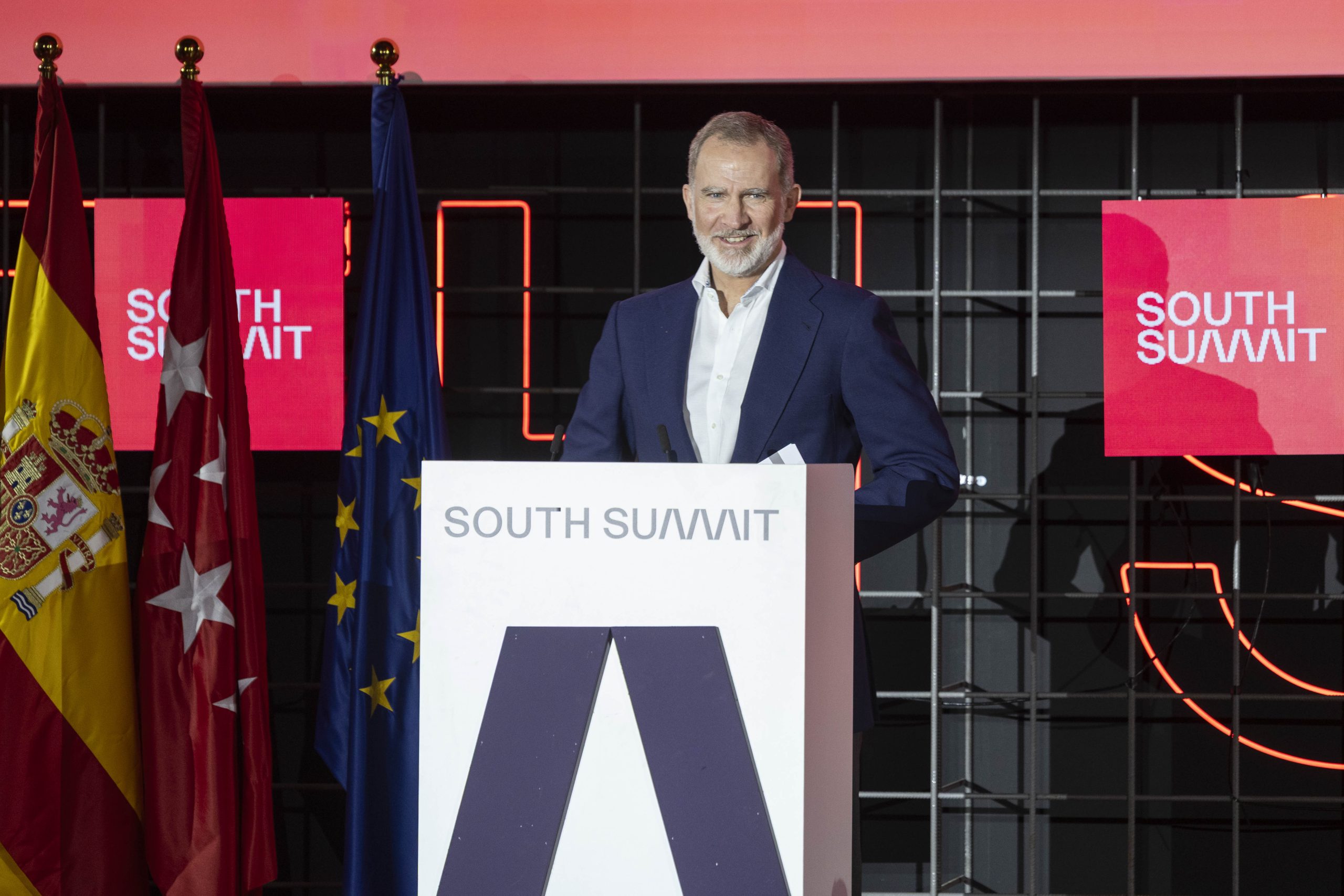South Summit Madrid 2025 kicked off with an overall sense of optimism—at least from the speakers. King Felipe VI opened the event this Wednesday (June 4th), highlighting Spain’s growing role in European innovation ecosystem. He emphasized the importance of embracing artificial intelligence (AI) with an ethical and responsible approach and highlited that the country is now the seventh largest in venture capital (VC) investment volume in EU.
President of the Community of Madrid, Isabel Díaz Ayuso also announced a new aid plan offering up to €150,000 to small and medium-sized enterprises (SMEs) with more than three years of activity and fewer than 50 employees. The statement was made also during the first day of the event.
Co-organized with IE University, the event has attracted over 400 speakers and 140 investors—two-thirds from abroad—as well as around 17 unicorn founders. The agenda is structured around five key themes: Growth, Sustainable Action, Climate Tech, Humanity 2.0, and Tech Horizons. These themes address scaling businesses sustainably, energy transition, efficient resource management, the social impact of technology, and emerging technologies like advanced AI and neurotechnology.
Startup Competition
The Startup Competition has reached a record with 100 finalists from 22 countries, selected from over 4,500 applications. Spain leads with 52 finalists, followed by the United States and the United Kingdom with six each. Around 70% of these startups have already raised more than half a million dollars in investment, showcasing the event’s role in connecting growing startups with global investors managing.
Second Day
The atmosphere at South Summit on this second day (Thursday, June 5th) has been noticeably more subdued. Attendance in some sessions has thinned out, and there’s a sense of fatigue in the air. While panels continue to tackle major themes like the cross-sector impact of AI and fintech’s role in the net-zero transition, these topics—although critical—seem to have lost some of their novelty.
As a result, many participants appear to be gravitating toward informal networking spaces, where coffee chats and hallway conversations are sparking more energy and engagement than the main stages. The event, however, continues to position Madrid as a hub for business discussions and innovation.



